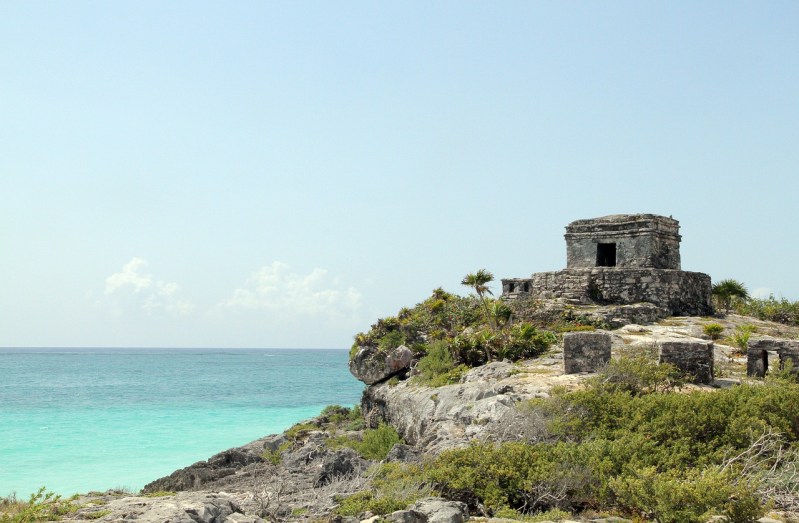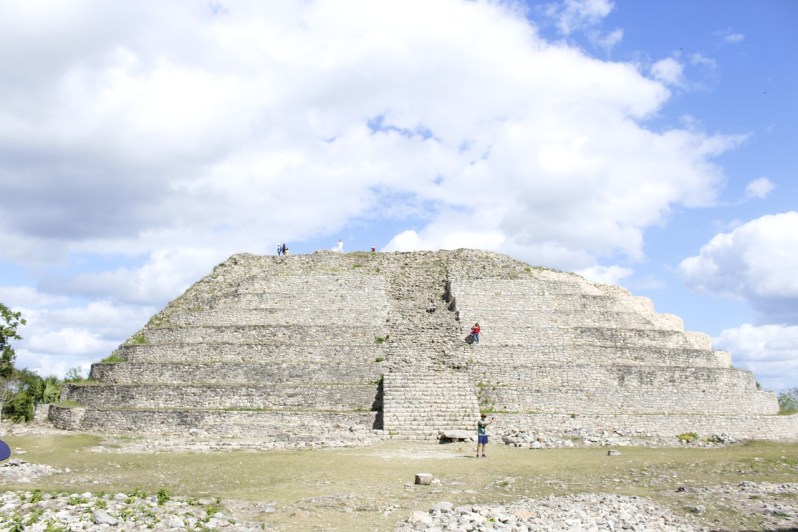
Located along the sun-kissed shores of Mexico’s Yucatán Peninsula, Tulum is one of the most popular vacation spots for travelers looking to enjoy crystal clear waters and ancient ruins. With its beautiful beaches, laid-back vibe, and rich cultural heritage, this once-hidden gem is now a bucket list destination for many. With popular attractions like Tulum National Park and the Mayan Ruins, travelers can enjoy a relaxing beach vacation while also stepping back into history.
As the allure of Tulum spreads far and wide, the challenge of overtourism becomes greater. What was once a tranquil retreat has turned into a bustling hotspot, causing overcrowded beaches and litter-strewn streets. Recognizing the urgency of the situation, local authorities have taken decisive action to safeguard Tulum’s natural beauty and cultural integrity. In an effort to mitigate the impacts of overtourism, a new set of rules has been implemented, urging travelers to find a balance between exploration and preservation.
The new rules for travelers heading to Tulum

When vacationing in Tulum, most travelers want to visit the archaeological complex, which is located within Tulum National Park. These ancient structures and Mayan-era buildings are over 820 years old and are some of the most visited historical monuments in all of Mexico.
The new rules were implemented in January to help preserve Tulum’s natural and cultural landscape. Firstly, visitors are now prohibited from consuming food and drinks purchased outside of the park during their visit. This measure is a direct response to the littering problem that has plagued the area, aiming to reduce waste and maintain cleanliness within the park’s boundaries.
Additionally, visitors are reminded to respect the local flora and fauna. Picking rare flower specimens or stepping onto sectioned-off green zones is strictly prohibited. Authorities are advising visitors to stay within the designated walking trails and avoid veering off the path, as contaminating the surrounding nature can have detrimental effects on the park’s ecosystem. Furthermore, interacting with and feeding the wildlife is strongly discouraged as it also disrupts the balance of the ecosystem in the area.
The violation of these new rules is not taken lightly. If you are found disrespecting the rules, you may receive a fine of up to 5,000 Mexican pesos, which is the equivalent of $250 or more.
Why is it important to protect Tulum?

Although Tulum is now a popular resort town, it is important to remember that it is one of the oldest and most historical settlements in the Mexican Caribbean. It was founded by the Mayan peoples between the 14th and 15th centuries, long before the first American colonies were established. Therefore, protecting Tulum is not merely a matter of preserving a picturesque destination; it’s about safeguarding a treasure trove of natural and cultural heritage for present and future generations.



